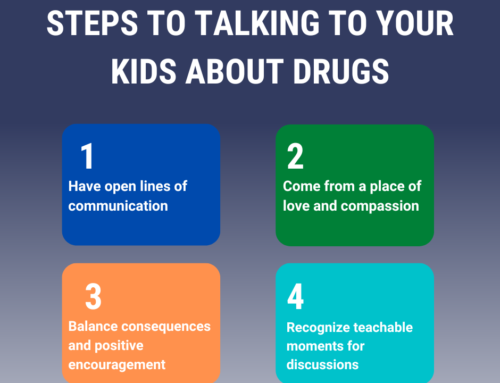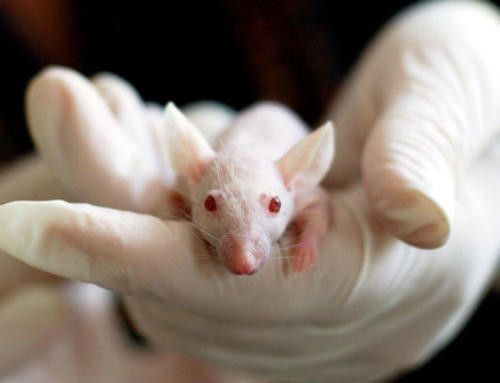There is not a cure for cocaine addiction other than recovery. Cocaine is extremely addictive. It is a mood enhancer and creates a short-lived high but with repeated use it alters brain chemistry and creates powerful cravings for its euphoric effects.
Rise of Cocaine Use
When the body becomes addicted to cocaine, a constant supply of the drug is needed to avoid withdrawal. If deprived of the drug, withdrawal symptoms kick in that can include severe emotional and physical effects, including:
- Fatigue
- Anxiety
- Depression
- Mood swings
Treatment Barriers
Successful treatment of cocaine addiction is hard. Options available are less than idea. Medication-assisted treatment (MAT) has helped countless people achieve recovery from addiction to opioids. Medications like methadone, Suboxone, or Vivitrol can help ease withdrawal symptoms. While treatment options have increased, there have been less for other addictions. Effective forms of cocaine-related MAT have been unsuccessful. Side effects, potential for abuse, and method of delivery are just a few obstacles hindering progress.
With Discovery, Hope
Research has indicated a protein molecule, G-CSF, is responsible for cocaine-seeking behavior in mice. This molecule affects the reward centers of the brain and is found in higher levels in the blood and brains of repeat cocaine users. When researchers neutralized this protein, they found it suppressed the mice’s motivation to seek out another drug. Although more testing is required to help human beings, researchers are hopeful there are treatments on the horizon. Once we clarify how it can be targeted to reduce addiction-like behaviors, there is a high probability of treatments targeting G-CSF that could translate into clinical trials and treatments for people with addiction.
The Springboard Center’s addiction treatment programs are tailored to meet the needs of each client. By utilizing a set of diverse methods of addiction treatment, we are able to deal with your addiction from all angles and concentrate on every aspect of your healing process. It is important to recognize that many of our services offer a group setting and environment, so that the client spends time with other people affected by the same chronic disease and problems. 432-620-0255




